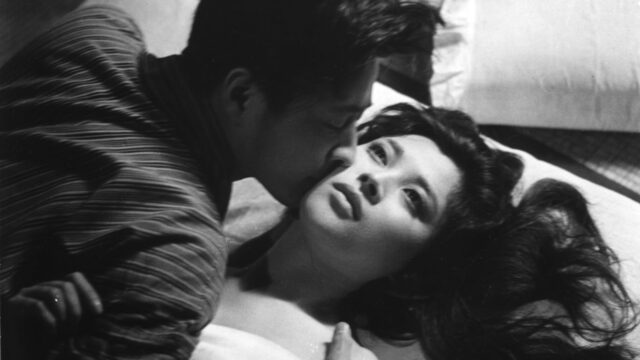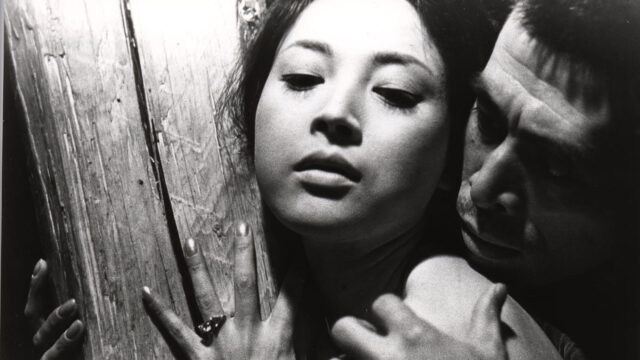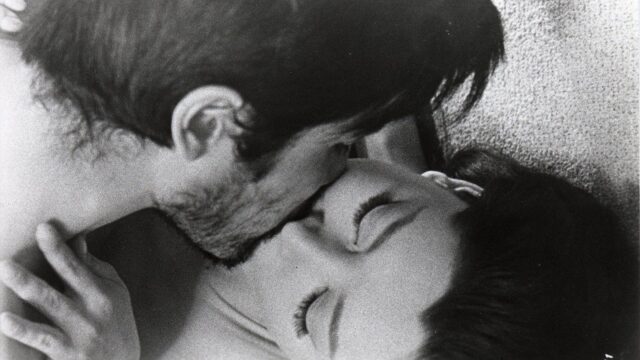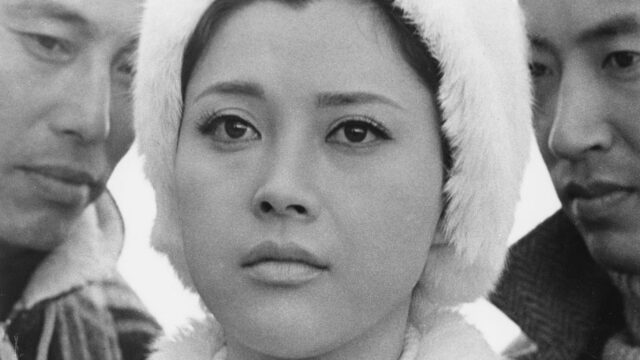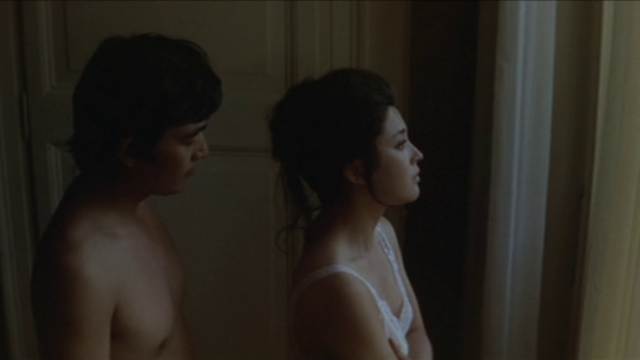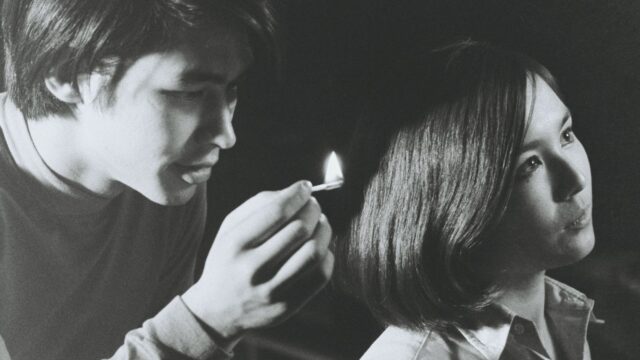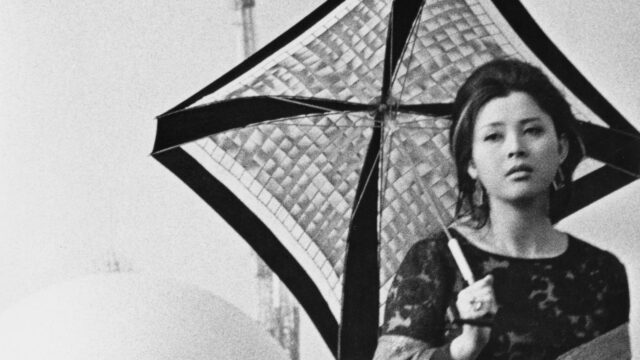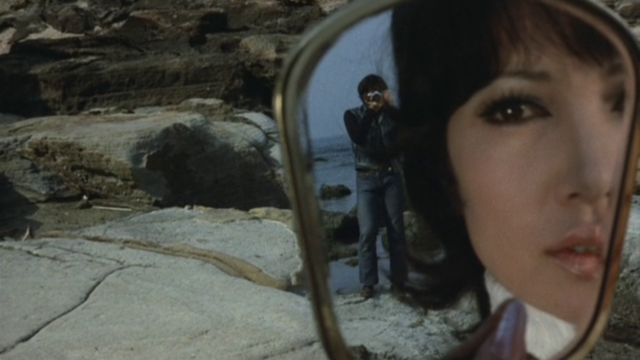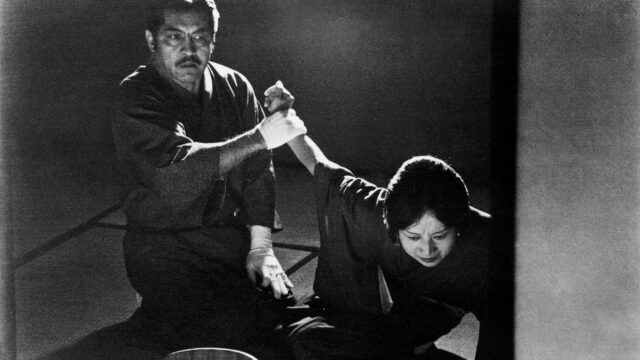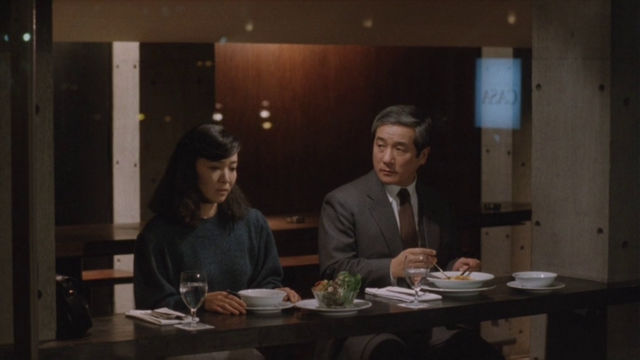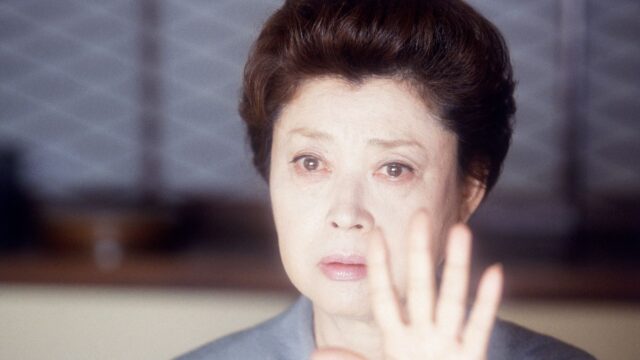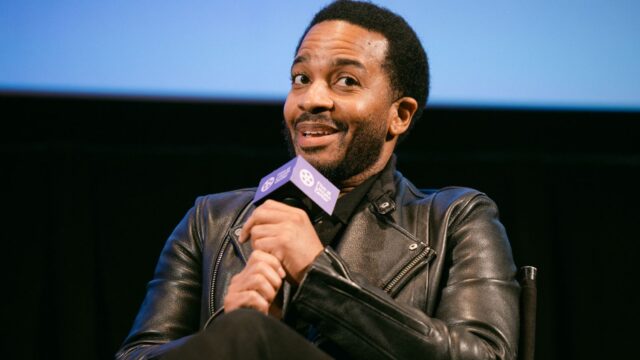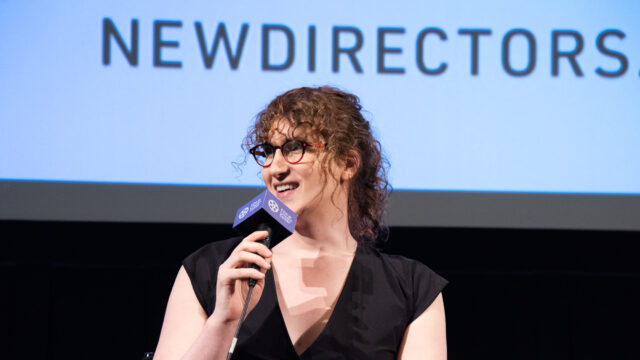The Radical Cinema of Kijū Yoshida
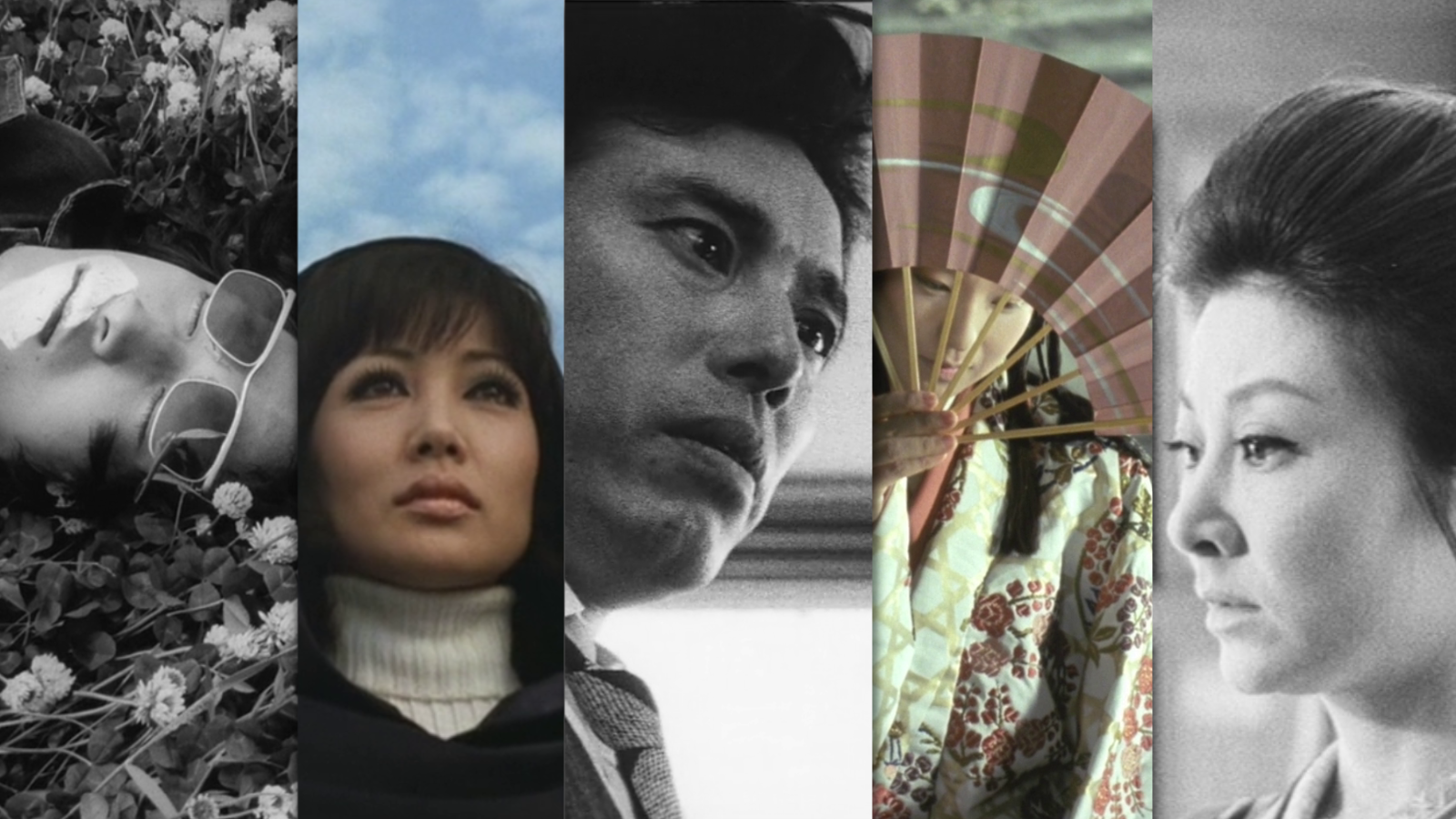
Of the iconoclastic Japanese filmmakers who rose to prominence in the 1960s, perhaps none worked as fearlessly and concertedly toward crafting an unapologetically subversive body of work than Kijū Yoshida (1933–2022). Starting his career as a young recruit to Shochiku’s directing apprenticeship system (alongside fellow enfant terrible Nagisa Ōshima), Yoshida’s earliest work finds him radically politicizing the commercially minded projects to which he was assigned, frequently in collaboration with the actress Mariko Okada, who would become his wife and lifelong creative partner. They soon moved away from the mainstream film industry entirely in order to create increasingly ambitious, eminently political films together, exemplified by their epochal Eros + Massacre (1969), a legendary work that traces a visionary counter-history of radical art and politics in Japan. An intrepid experimentalist whose films confront the political issues of his day with a keen interest in the taboo and a staunch refusal to be confined to any one formal approach, Yoshida’s oeuvre endures as one of Japanese cinema’s wildest and most intellectually stirring.
Presented in partnership with the Japan Foundation, New York. In cooperation with the National Film Archive of Japan. Organized by Dan Sullivan.
Acknowledgements:
Austrian Filmmuseum; Galerie Lumière des Roses; Gendai Eigasha; Japan Society, New York.
Good-for-Nothing
Blood Is Dry
Akitsu Springs
18 Who Cause a Storm
A Story Written with Water
This screening will take place at Japan Society
Yoshida’s first independent film is a startling affair, depicting the unbreakable love of mother and child when a young man finds himself torn between his fiancée and the single mother who raised him. Starring Mariko Okada, whose otherworldly beauty is framed by Yoshida in typically striking, veiled compositions.The Affair
Flame and Women
Affair in the Snow
Farewell to the Summer Light
Eros + Massacre
Heroic Purgatory
Confessions Among Actresses
Coup d’état
A Promise
The Dec. 8 screening will take place at Japan Society
Yoshida came out of his feature filmmaking retirement with this typically idiosyncratic meditation on the situation of the elderly as they try to hang onto a shred of their own dignity while awaiting the end of their lives. Featuring music by Haruomi Hosono.Wuthering Heights
Women in the Mirror
Tickets are now on sale. $17 for the General Public; $14 for Students, Seniors, and Persons with Disabilities; and $12 for FLC Members.
See more and save with a 3+ Film Package. $15 for the General Public; $12 for Students, Seniors, and Persons with Disabilities; and $10 for FLC Members. Discount automatically applied in cart.
See everything in the series (excludes Dec. 8 screenings at Japan Society) with an All-Access Pass or Student All-Access Pass. Passes are available to pick up at the box office. Your pass will grant access to one (1) for every film in the series, with exceptions listed on our website where applicable. We recommend arriving at least 15 minutes prior to a screening as late seating cannot be guaranteed. Student All-Access Pass holders must present a valid student ID when picking up their pass at the box office.
Complimentary tickets for FLC Members and Patrons are eligible for standard-priced screenings and events in this series. Learn more about becoming an FLC Member.



